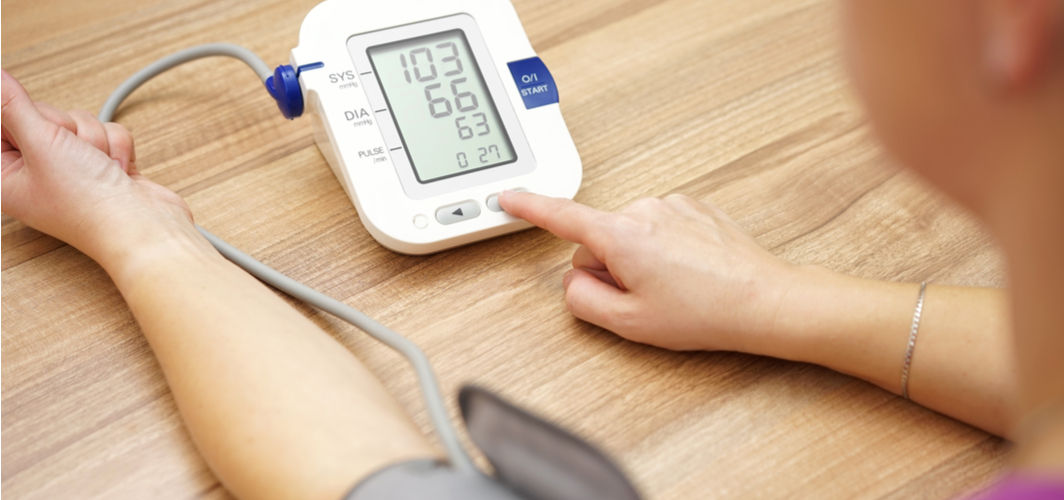Heart Conditions
Does poor oral hygiene increase the risk of heart disease?
6 min read
By Apollo 24/7, Published on - 19 December 2020, Updated on - 02 October 2025
Share this article
0
6 likes

What is oral hygiene and why is it important?
-
Cavities
-
Gingivitis
-
Periodontitis
How does gum disease affect heart health?
- It is believed that the bacteria that cause gum disease can travel throughout the body via blood vessels. Over time, the bacteria damage the blood vessels and heart valves by causing inflammation in them. This increases the risk of complications such as blood clots, stroke, endocarditis (inflammation of the inner lining of the heart), and heart attack.
- Certain studies have also found residue of oral bacteria in atherosclerotic blood vessels that are not even in the proximity of the mouth. This indicates that oral bacteria can contribute to the build of plaque (atherosclerosis) in the blood vessels, a major risk factor for heart disease and heart attack.
- Another theory states that an overactive immune response to a bacterial infection (such as gum disease) can also be a risk factor for poor heart health. An overactive immune response can trigger severe inflammation throughout the body. The inflammation can trigger a chain of vascular damage, including the heart and brain.
Dental care for people with cardiovascular conditions
-
Endocarditis
-
Heart attack (myocardial infarction)
-
Stroke
-
High blood pressure (hypertension)
-
Anticoagulants and antiplatelet medications
How to prevent poor oral health?
- Always remember to brush teeth with fluoride toothpaste at least twice daily
- Rinse your mouth with a mouthwash
- If possible, floss teeth once daily
- Decrease intake of foods and beverages that are acidic or sugary
- Limit snacking in-between meals
- Quit smoking
- Limit consumption of alcohol
- Drink more water
- Increase consumption of vegetables and fruits
- Schedule professional dental care every six months.
Conclusion
Heart Conditions
Leave Comment
Recommended for you
.jpg?tr=q-80)
Heart Conditions
From Causes to Control: An Overview of Hypertension
Hypertension affects millions of people worldwide, including many in India. Hypertension or high blood pressure is when the blood pressure is continuously high. The force of blood against artery walls while the heart pumps blood is known as blood pressure. Hypertension can put one at risk for heart disease, stroke, and renal failure, among other conditions. To effectively manage this condition, routine examinations and early detection are essential.

Heart Conditions
Why You Should Regularly Check Your Blood Pressure at Home
Both high and low blood pressure can be extremely dangerous and can result in serious health consequences. Therefore, it is crucial to monitor blood pressure frequently.
%20(1).jpg?tr=q-80)
Heart Conditions
What is the TMT Test?
The TMT (Treadmill Test) is indispensable for evaluating heart health under stress, offering critical insights into cardiovascular function during physical exertion. TMT test for heart helps diagnose conditions such as Coronary Artery Disease early, determine exercise capacity, and tailor personalised treatment plans to improve heart health.
Subscribe
Sign up for our free Health Library Daily Newsletter
Get doctor-approved health tips, news, and more.
Visual Stories

World Heart Day 2021: Take charge of your health
Tap to continue exploring
Recommended for you
.jpg?tr=q-80)
Heart Conditions
From Causes to Control: An Overview of Hypertension
Hypertension affects millions of people worldwide, including many in India. Hypertension or high blood pressure is when the blood pressure is continuously high. The force of blood against artery walls while the heart pumps blood is known as blood pressure. Hypertension can put one at risk for heart disease, stroke, and renal failure, among other conditions. To effectively manage this condition, routine examinations and early detection are essential.

Heart Conditions
Why You Should Regularly Check Your Blood Pressure at Home
Both high and low blood pressure can be extremely dangerous and can result in serious health consequences. Therefore, it is crucial to monitor blood pressure frequently.
%20(1).jpg?tr=q-80)
Heart Conditions
What is the TMT Test?
The TMT (Treadmill Test) is indispensable for evaluating heart health under stress, offering critical insights into cardiovascular function during physical exertion. TMT test for heart helps diagnose conditions such as Coronary Artery Disease early, determine exercise capacity, and tailor personalised treatment plans to improve heart health.